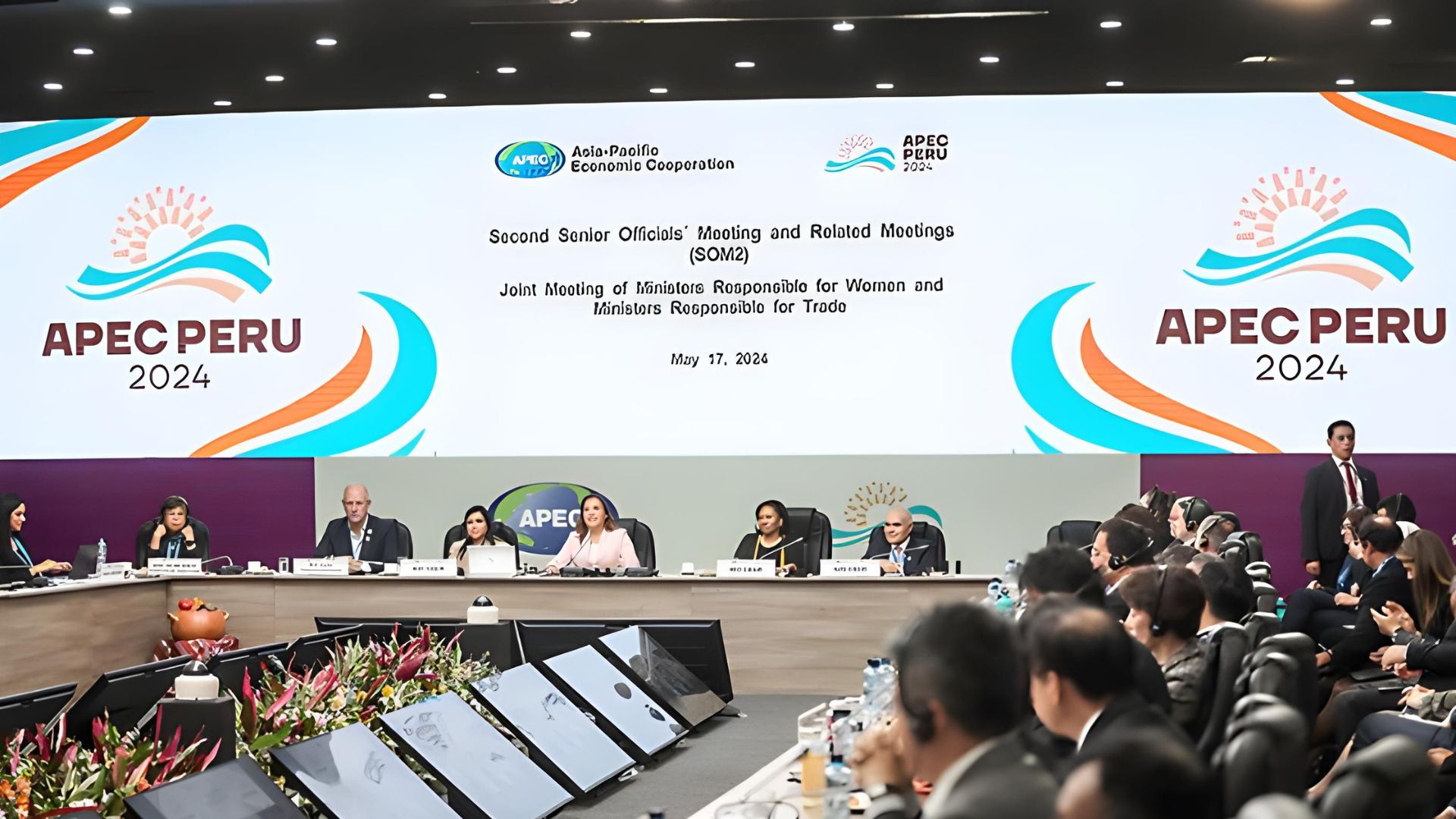Indonesia Strengthens Support for Carbon Credit Market Growth at APEC Forum
Indonesia has reinforced its commitment to the development of an interconnected carbon credit market in the Asia-Pacific region. At the APEC Business Advisory Council (ABAC) Dialogue with APEC Leaders in Lima, Peru, on November 15, Trade Minister Budi Santoso highlighted the country's proactive stance on carbon trading and digital trade.
Representing President Prabowo Subianto, Santoso emphasized the importance of a regional carbon credit market to facilitate a clean and equitable energy transition. “An interconnected carbon market in Asia-Pacific is essential not just for the region’s sustainable future but also for Indonesia’s economic goals,” he stated.
This vision aligns with Indonesia’s ambitious climate targets, which aim to reduce emissions by 31.89% domestically and 43.2% with international collaboration. Recent achievements include an 82% reduction in forest fires and the lowest deforestation rate in two decades. Additionally, the country is making strides in mangrove forest restoration, contributing significantly to carbon absorption and storage efforts.
One of the cornerstones of Indonesia’s carbon market development is the establishment of the National Carbon Agency and the launch of IDXCarbon, the nation’s carbon exchange, in September 2023. Organized by the Indonesia Stock Exchange (IDX) and overseen by the Financial Services Authority (OJK), IDXCarbon signifies a robust step toward domestic and regional carbon trading integration.
During the dialogue, Santoso also touched on other key topics, including the need for innovative funding instruments and the advancement of digital trade. He noted that while innovative financing models like Currency Basket Indexed Bonds hold promise, further clarity is needed to ensure accessibility for micro, small, and medium enterprises (MSMEs).
Indonesia's commitment to digitalization extends to trade facilitation and infrastructure development, which Santoso described as vital for bridging digital divides, fostering e-commerce, and enhancing digital financial ecosystems. This approach complements APEC's emphasis on paperless trade to improve efficiency and inclusivity across member economies.
Global representatives at the forum acknowledged Indonesia's growing appeal to investors, driven by its progressive carbon policies and digital initiatives. Looking ahead, Indonesia aims to integrate its carbon market with other APEC economies, leveraging regional collaboration for greater impact in climate action and sustainable development.
Indonesia’s leadership at APEC underscores its dual focus on climate responsibility and economic innovation, positioning the country as a key player in the Asia-Pacific’s sustainable future.
Read More






 Thursday, 22-01-26
Thursday, 22-01-26







